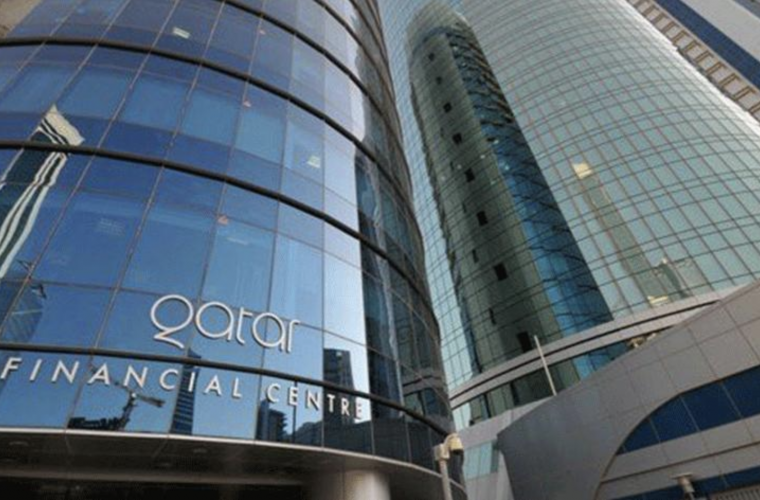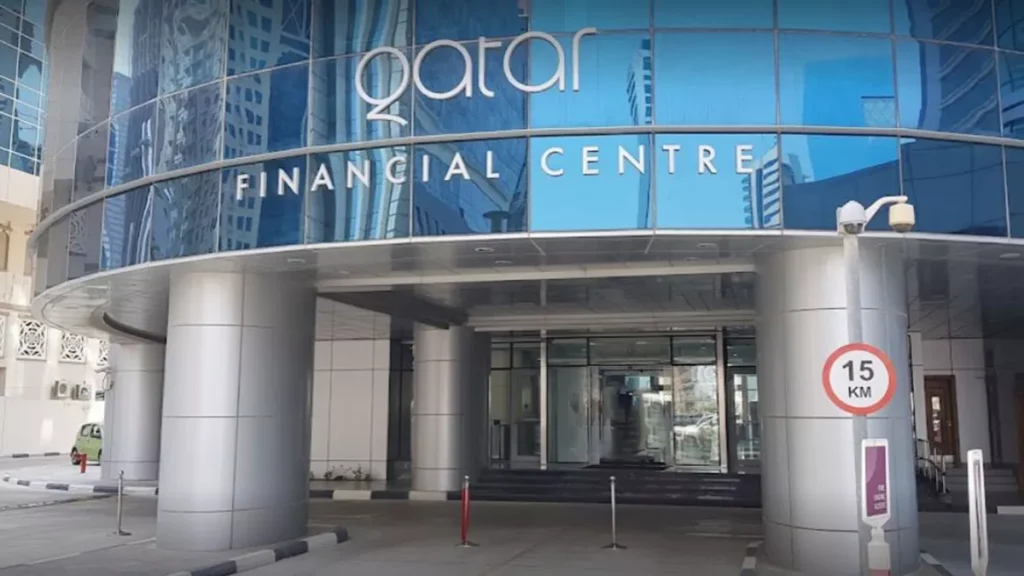The Qatar Financial Centre (QFC) is gearing up to launch one of the Middle East’s most innovative sustainability initiatives: a tokenised carbon credit market. Positioned at the intersection of green finance and digital innovation, this effort aims to reshape how carbon credits are issued, traded, and retired—not just in Qatar, but globally.
In an era where environmental impact is tightly intertwined with investment decisions, QFC’s vision presents a powerful blueprint for a digitally enabled, climate-conscious economy. The move isn’t just timely—it’s transformative.
A New Frontier for Carbon Markets
Carbon markets aren’t new, but they’ve long been plagued with challenges: lack of transparency, limited accessibility, inefficient trading mechanisms, and doubts about credit validity. Tokenisation—essentially converting real-world carbon credits into digital assets stored on a blockchain—promises to resolve many of these limitations.

By anchoring carbon credits in blockchain-based tokens, QFC aims to offer a fully transparent, secure, and traceable carbon trading system. Each credit will be tracked from its origin (such as a verified reforestation project or renewable energy plant) to its final use by companies or individuals aiming to offset their carbon footprint.
The implications are massive: a tokenised marketplace would support faster settlement times, broader investor access, greater liquidity, and—perhaps most importantly—far greater public trust.

Why Qatar, Why Now?
The launch of a tokenised carbon market through QFC is not an isolated initiative—it’s part of Qatar’s broader climate and economic strategy. With Qatar National Vision 2030 guiding national policies towards a more diversified and sustainable economy, green finance is a pillar of its future.
QFC has already rolled out the GCC region’s first Sustainable Sukuk and Bonds Framework, reinforcing its role as a thought leader in Islamic and ethical finance. By combining this foundation with blockchain expertise, QFC is aligning with global shifts toward ESG investing, digitised infrastructure, and climate resilience.
Moreover, as pressure mounts on governments and corporations to meet carbon neutrality targets, demand for legitimate, traceable carbon credits is surging. QFC is seizing this moment to build the infrastructure the world is crying out for.
The Power of Tokenisation
Tokenisation takes traditional carbon credits and represents them as digital tokens on a blockchain. This does more than make credits easier to trade—it unlocks a suite of benefits across the value chain:
Transparency and Trust
Blockchain creates an immutable ledger, ensuring every step in a credit’s life cycle is recorded. Buyers can verify the source, project type, date, and impact of the credit with unmatched clarity.
Efficiency and Liquidity
Tokenised markets allow for 24/7 trading, global participation, and fractional credit ownership. This makes it easier for smaller investors and companies to access the carbon market—lowering the barrier to entry and boosting liquidity.
Real-Time Auditing
Smart contracts automate verification and tracking, eliminating the need for cumbersome third-party audits. This not only saves time but also reduces administrative costs.
ESG Integration
As ESG frameworks become mandatory for large corporations, tokenised carbon credits can seamlessly plug into digital ESG dashboards and carbon accounting software, streamlining compliance.
Humanising Carbon Finance
Qatar’s initiative isn’t just about financial technology—it’s about making climate action accessible to everyone.
Today, many carbon markets are designed for institutional giants. QFC’s model promises a more inclusive future: one where startups, SMEs, retail investors, and even individual citizens can offset their carbon impact in real time through a mobile app or trading platform.
By providing fractional access, enhanced visibility, and real-time insights, the tokenised market invites more players into the conversation and unlocks new capital flows to support sustainability projects—from forest conservation in Asia to solar farms in Africa.
Roadmap: What Comes Next?
The rollout of the tokenised carbon marketplace is expected to follow a structured, phased approach, ensuring compliance, scalability, and stakeholder readiness.
Phase 1: Framework Finalisation (Mid–Late 2025)
- Refinement of regulatory frameworks around digital assets and green finance
- Engagement with international carbon standards such as the Global Carbon Council, Verra, and CORSIA
- Collaboration with environmental project verifiers to ensure integrity
Phase 2: Pilot Market Launch (Late 2025)
- Launch of a limited-volume pilot market to test credit issuance, trading, and retirement flows
- Use cases include aviation offsetting, institutional carbon neutrality programs, and government ESG funds
Phase 3: Full-Scale Market Expansion (2026–2027)
- Integration with regional and global exchanges
- Broader onboarding of project developers, banks, fintechs, and ESG platforms
- Expansion into secondary markets and cross-border token transactions
QFC is also expected to work closely with the Qatar Central Bank and Qatar Development Bank to ensure that the marketplace is not just technologically advanced, but also financially stable and widely accessible.

What This Means for Stakeholders
For Developers
Environmental project developers—those building solar arrays, reforestation projects, or methane-capture facilities—can now tokenize their efforts and connect directly with buyers. This offers them more funding, faster liquidity, and better global reach.
For Investors
From retail investors to multinational corporations, stakeholders gain access to a verified, flexible market where every dollar invested can be traced to measurable climate action. The platform allows users to trade, retire, or hold carbon tokens as part of diversified ESG portfolios.
For Governments
Regulators and government entities will benefit from an ecosystem that reduces greenwashing, encourages real carbon reductions, and boosts data transparency for environmental reporting.
For Everyday Citizens
The future vision includes mobile apps where citizens can purchase micro-credits—say, to offset a flight to London or a month’s worth of driving—and receive certificates, track progress, or even earn rewards.
The Broader Global Context
While several initiatives around the world—from Singapore’s Climate Impact X to Kenya’s Celo-based carbon tokens—have dabbled in digital carbon credits, QFC’s initiative stands out due to its deep integration with legal and financial infrastructure.
By launching a regulated, scalable, and transparent marketplace, Qatar has the opportunity to lead not just the GCC, but a global conversation about how to blend innovation and responsibility in the fight against climate change.
As the world faces increasing pressure to mitigate emissions, countries that can offer reliable, digitised carbon solutions will become essential players in the new green economy.
Do follow UAE Stories on Instagram
Read More: Saudi Arabia Workers Ready to Quit for Better Pay as Vision 2030 Transforms Workforce













